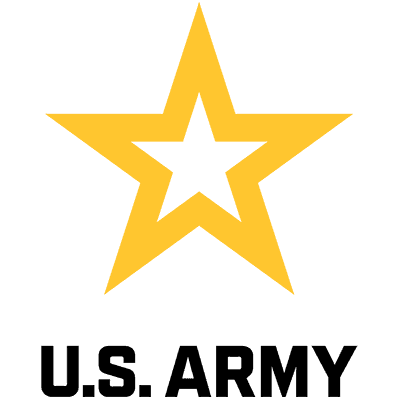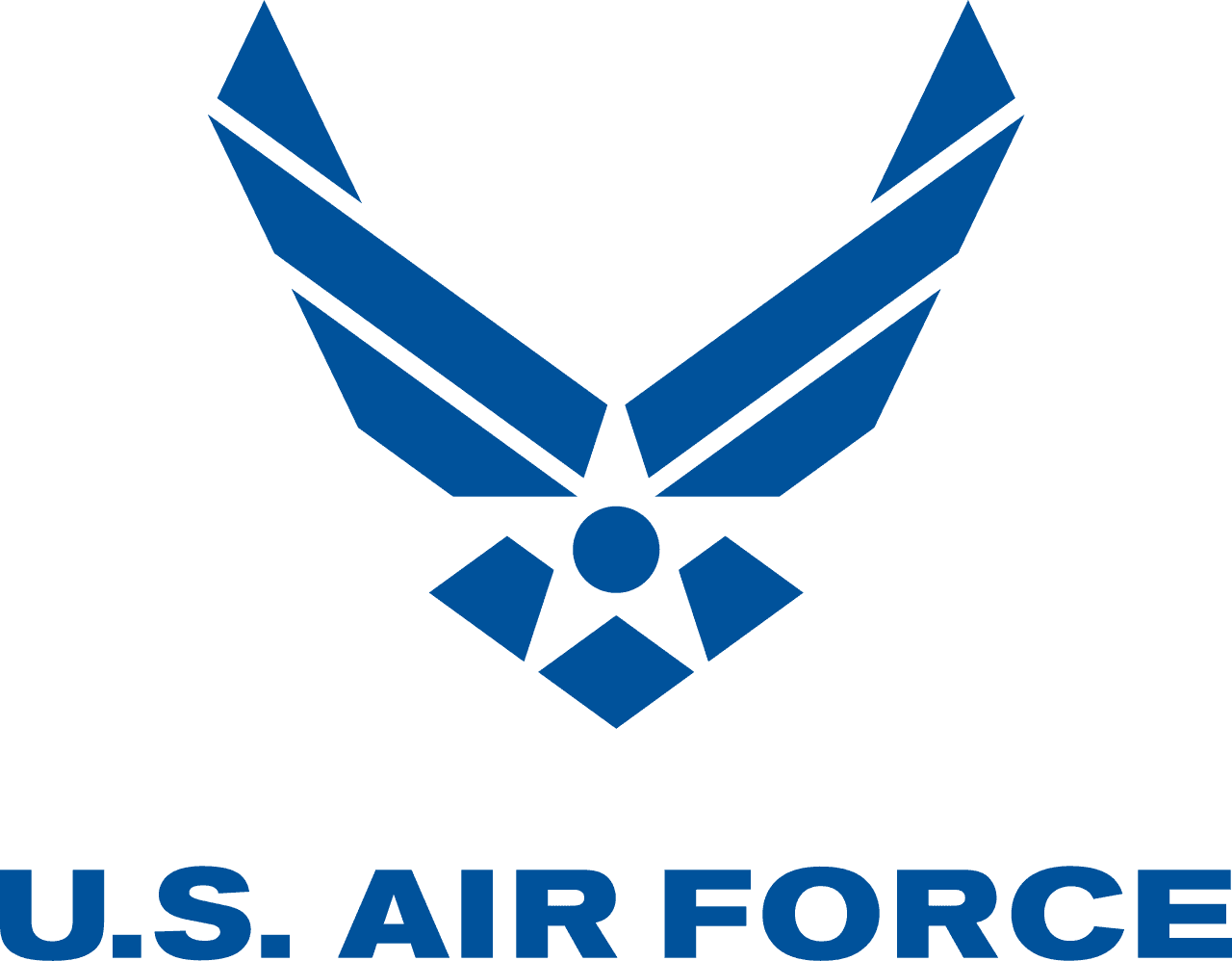Military Biologists / Biochemists
Overview
What are the responsibilities of this role?
Biologists/biochemists perform and oversee analyses in chemistry, microbiology, immunology, and other areas related to the biomedical laboratory field. They direct and conduct laboratory procedures to detect, diagnose, treat, and prevent disease. They lead basic and applied health sciences research, and evaluate findings related to the effects of various stimuli, such as altitude, acceleration, pressure, and temperature changes, on physiological systems. They identify and investigate microorganisms and their effects on human health, and they develop control methods by designing vaccines and antitoxins.
What is the work environment like?
Biologists/biochemists work in medical, clinical, and research laboratories. They may work outdoors while conducting field work on land or aboard ships.
How many people have this role in the Military?
3,216
Compensation
Understanding How Military Pay is More Than Just a Salary
Base pay is the standard income you’ll earn as a service member, providing a stable foundation to start achieving your financial goals.
- Always fixed based on rank and service time.
- Distributed monthly.
What is the typical salary range?
$83,025
$99,381
$159,321
Military Details
What Service Branches offer this role?
Is this a staff or leadership role?
What does the training for this role entail?
Job training for biologists/biochemists primarily consists of classroom instruction and on-the-job learning in various training environments. Like other officers, they complete a comprehensive training program covering responsibilities, military structure and etiquette, traditions, and leadership development. Job-specific training may include:
- Altitude physiology
- Sensory physiology
- Emergency egress
- Water survival
- Life support systems
- Aero medical aspects of flight
Education
What level of education do professionals in this role have?
Which college majors best prepare you for this role?
- Pharmaceutics and Drug Design
- Biochemistry
- Biophysics
- Biochemistry and Molecular Biology
- Molecular Biochemistry
- Cell/Cellular Biology and Anatomical Sciences, Other
- Molecular Biophysics
- Biomechanics
- Structural Biology
Learn About How Military Can Pay for 100% of your College Degree
Skills and Interests
What knowledge is essential to bring to the table?
- Biology
- Mathematics
- Chemistry
- Physics
- English Language
What personality traits help people thrive in this role?
You love figuring out how things work and researching subjects that interest you.
You love hands-on work and solving practical problems — like fixing things and building stuff.
RIASEC represents six broad interest areas—Realistic, Investigative, Artistic, Social, Enterprising and Conventional—helping individuals identify careers that match their skills and preferences.
Take the RIASEC TestData supplied by Bureau of Labor Statistics, National Center of Education Statistics, Defense Manpower Data Center (View our update schedule). Contact any business, college or military service branch to answer additional questions.


